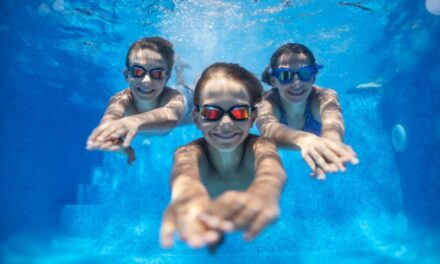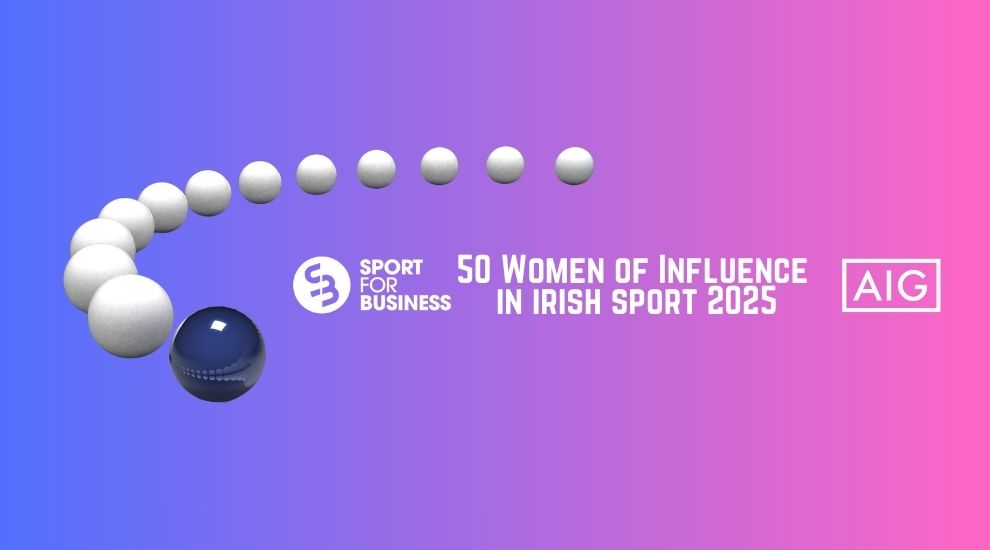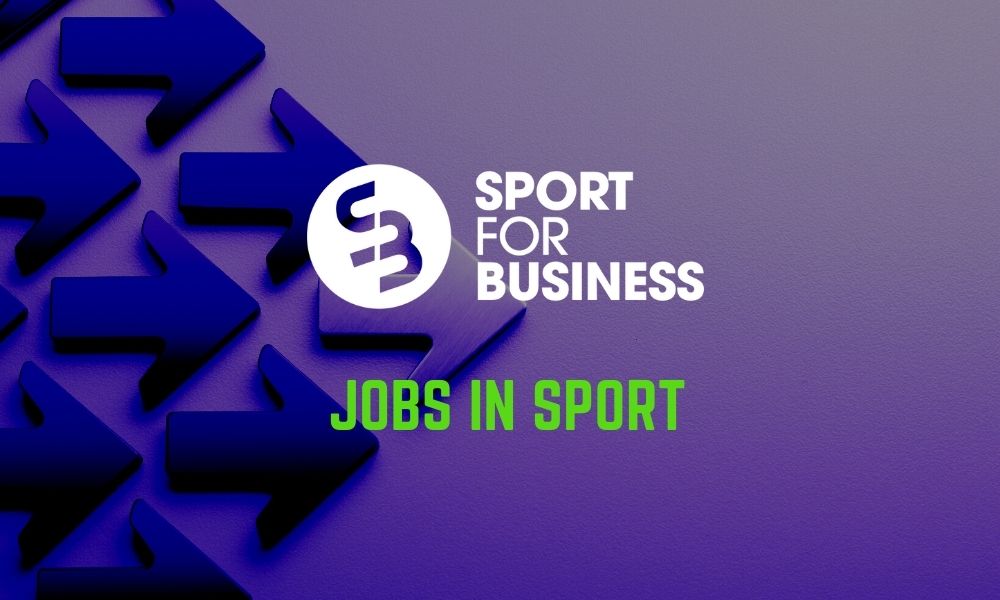When we talk about sport, we often think about elite athletes, international tournaments, or the buzz of a packed stadium. But behind every Olympic medal or local club success is something much more fundamental: the pathway that introduces children to sport in the first place.
Getting that pathway right is not just about creating future stars; it’s about building the habits, confidence, and enjoyment that keep people active for life.
1. Early Experiences Shape Lifelong Habits
Children’s first encounters with sport often decide whether they stick with it or step away. If those experiences are fun, inclusive, and positive, sport becomes something they look forward to. If they’re pressured, overly competitive, or exclusive, many children switch off. Research consistently shows that children who enjoy early participation are more likely to continue into adulthood, carrying with them the physical and mental health benefits of an active lifestyle.
2. Sport Builds More Than Skills
A good pathway isn’t just about teaching technique. It’s about fostering teamwork, resilience, creativity, and leadership. These are life skills that extend well beyond the pitch, court, or pool. Children who feel supported in sport often develop a stronger sense of belonging and self-esteem, qualities that can be protective factors in adolescence and beyond.
3. Inclusion Opens the Door for Everyone
If pathways don’t account for gender, ability, socio-economic background, or cultural diversity, too many young people are left behind. Girls, for example, are far more likely to drop out of sport during teenage years, often because environments don’t feel welcoming or relevant to them. Children with disabilities frequently face barriers to participation when programmes are not adapted. Getting pathways right means ensuring every child can see themselves in sport — and has a place to belong.
4. Avoiding Burnout and Dropout
Early specialisation — pushing children into one sport or into high-pressure environments too young — is one of the quickest routes to burnout. A healthy pathway emphasises sampling different activities, developing fundamental movement skills, and allowing children to find their passion at their own pace. This keeps the spark alive and prevents the disillusionment that leads to dropout in teenage years.
5. The Bigger Picture: Society and Health
From tackling childhood obesity to improving mental wellbeing, the benefits of sustained sport participation are well-documented. But the ripple effect goes further. Communities with strong youth pathways have more active adults, more volunteers, stronger social bonds, and healthier populations overall. Getting children’s pathways right is therefore an investment not just in individuals but in society as a whole.
6. Building Tomorrow’s Sporting Culture
While not every child will grow into a professional athlete, every child can grow into a supporter, coach, volunteer, or lifelong participant. By prioritising enjoyment, inclusivity, and development over short-term wins, we lay the foundation for a culture where sport is valued across generations.
Conclusion
The pathway into sport is not a straight line. It is a series of stepping stones — fun, friendship, skill-building, and opportunity. Getting it right requires coaches, parents, schools, and clubs to work together with one clear aim: to ensure that children’s first experiences spark a love of sport that never fades.
Because when children start right, they’re far more likely to stay in the game — for life.
Shaping the Future: Children and Sport Conference to Tackle Pathways, Policy and Play
The question of how we introduce children to sport — and how we keep them active for life — has never been more important. On Thursday, September 25th, leaders from across Irish sport, business, and education will gather at Explorium in Sandyford, Dublin for the Sport for Business Children and Sport Conference.
The day will bring to life the research, policy, and lived experience that underline why getting children’s pathways right matters, while also showcasing innovative ways to engage young people who might otherwise be left behind.
Each of the six areas of interest above will be tackled in small group discussions until we see if we can bring forward imaginative thinking and different perspectives, to make Ireland a global leader in how to do this right.
SEE THE FULL LINE UP FOR THE SPORT FOR BUSINESS CHILDREN AND SPORT CONFERENCE
SECURE YOUR PLACE TO JOIN US HERE.
Image Credit Sport for Business
Further Reading for Sport for Business members:
Check out more of our Sport for Business coverage of Children and Sport
SPORT FOR BUSINESS AUTUMN EVENTS
On September 25th we will host our Annual Children in Sport Conference
On October 14th, our Annual Sport for Social Good Event will shine a spotlight on good work being done through the medium of sport across the country.
Then in November a new event focused on Sustainability in Sport and in December our 12th Annual Women in Sport Conference, in partnership with Lidl.
Find out More about Our Sport for Business Events Programme Here
The Latest Sport for Business Podcasts
MEMBERSHIP AND EVENTS
Sport Ireland, the FAI and Allianz, as well as all the leading sporting and business organisations in and around the world of sport are among the 300+ members of the Sport for Business community.
This includes all of the leading sports and sponsors, as well as commercial and state agencies, individuals interested in our world, and an increasing number from beyond these shores taking a keen interest in Ireland.
Find out more about becoming a member today.
Or sign up for our twice-daily bulletins to get a flavour of the material we cover.
Sign up for our News Bulletins here.





























